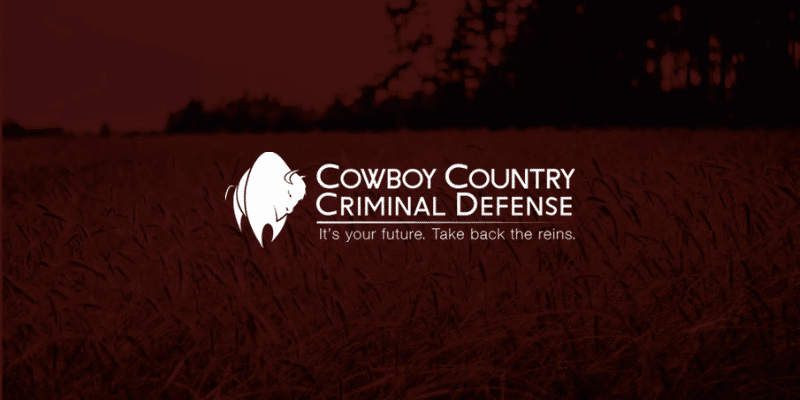What is Stand Your Ground or Castle Doctrine?
Stand Your Ground or “Castle Doctrine” is a legal principle that allows individuals to use deadly force to defend themselves or others without the obligation to retreat. This principle is based on the belief that individuals have the right to protect themselves and their property from harm. The Castle Doctrine specifically applies to situations where an individual is defending their home or property.
In Wyoming, Stand Your Ground is recognized under Wyoming Statute 6-2-602. This law states that a person is justified in using deadly force if they reasonably believe that such force is necessary to protect themselves or others from imminent death or serious bodily harm.
However, the use of deadly force is only justified if the person using the force is not engaged in criminal activity and is in a place where they have a legal right to be. Additionally, the use of deadly force is only justified if the person using the force has not provoked the other person into using force against them.
How Does Stand Your Ground Work in Wyoming?
In Wyoming, the Stand Your Ground allows individuals to use deadly force to defend themselves or others without the obligation to retreat. This means that if an individual reasonably believes that they or others are in imminent danger of death or serious bodily harm, they may use deadly force to protect themselves or others without first attempting to retreat.

However, the use of deadly force is only justified if the person using the force is not engaged in criminal activity and is in a place where they have a legal right to be. Additionally, the use of deadly force is only justified if the person using the force has not provoked the other person into using force against them.
If an individual uses deadly force in self-defense, they may be required to prove that their use of force was justified. This may involve presenting evidence to show that they reasonably believed that they or others were in imminent danger of death or serious bodily harm and that their use of force was necessary to protect themselves or others.
Can I Be Sued for Standing My Ground?
A critical aspect of the Wyoming Stand Your Ground law is that it provides civil immunity. According to Wyoming Statute § 6-2-602(e), a person who uses force as permitted by these laws is immune from civil action for the use of such force. This means, if you defended yourself in accordance with the law, the person you defended against (or their estate) typically cannot successfully sue you for resulting injuries or death.

Consider this hypothetical scenario: You’re in a shopping mall parking lot when someone approaches aggressively, brandishing a knife and demanding your wallet. You, a licensed gun owner, draw your weapon and shoot, seriously injuring the attacker. Given that you reasonably feared for your life and the attack occurred in a place where you had a right to be, under Wyoming’s Stand Your Ground law, you could potentially be immune from a civil lawsuit from the attacker for the injuries he sustained.
However, this civil immunity is not absolute. If the person who you’re defending against is a law enforcement officer carrying out their duties, or if you provoked the other person’s use of unlawful force, these laws may not apply. Also, the determination of whether your belief was “reasonable” and whether you used an appropriate level of force is often a question for the court.
For instance, if you initiated a confrontation at a bar, and then used deadly force in the ensuing fight, you may not be protected by the Stand Your Ground law, as you may be considered to have provoked the confrontation.
How Can an Experienced Lawyer Help?
If you have been involved in a situation where you have used deadly force in self-defense, call Cowboy Country Law at 307-333-7884 to schedule a strategy session today! We can help you understand your legal rights and options and can provide you with the guidance and support that you need to navigate the legal process.

